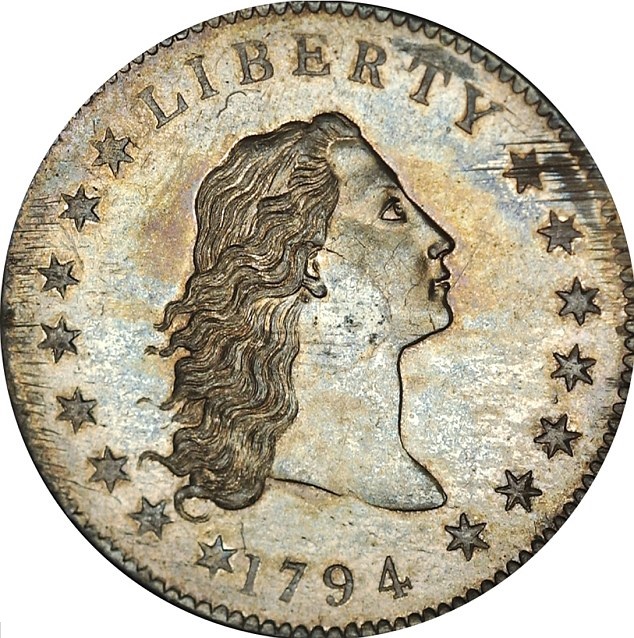The psychology of spending and how to avoid impulse buys are essential topics to understand for those looking to manage their finances effectively. Impulse buying is a common phenomenon that can wreak havoc on your budget if left unchecked. Understanding the psychological factors at play when it comes to spending can help you make more intentional and mindful choices with your money.
One key concept in the psychology of spending is known as “The First Dollar.” This term refers to the idea that our first dollar earned is the most valuable because it represents the initial effort put into making money. When we spend this first dollar on something frivolous or unnecessary, it can diminish the sense of achievement and value associated with earning money.
Impulse buying is often driven by emotional triggers rather than rational thought. Advertisers and marketers are experts at tapping into these emotions to convince us to make purchases we may not truly need. They often use tactics such as creating a sense of urgency or scarcity to make us feel like we need to buy something immediately. Understanding these psychological triggers can help you recognize when you are being influenced by them and make more conscious decisions about your spending.
To avoid impulse buys, it’s important to be mindful of your emotions and thought processes when making purchasing decisions. One strategy is to wait before making a purchase to give yourself time to evaluate whether it is something you truly need or just something you want in the moment. This can help you avoid making impulse buys that you may regret later.
Another strategy is to set specific financial goals for yourself and prioritize your spending based on those goals. When you have a clear understanding of what you want to achieve with your money, it can be easier to resist the temptation to make impulse purchases that don’t align with your priorities.
Creating a budget can also help you avoid impulse buys by giving you a clear view of your financial situation and where your money is going. By tracking your expenses and income, you can identify areas where you may be overspending and make adjustments to stay on track with your financial goals.
In conclusion, understanding the psychology of spending and how to avoid impulse buys is crucial for managing your finances effectively. By being mindful of your emotions and thought processes when making purchasing decisions, setting financial goals, and creating a budget, you can make more intentional choices with your money and avoid the pitfalls of impulse buying. Remember, “The First Dollar” represents the effort and value of your hard-earned money, so spend it wisely.
——————-
Article posted by:
The First Dollar
https://www.thefirstdollar.net/
(734) 864-6920
Ann Arbor, MI, United States
We are the premier source for gold, silver, and rare coins with the best prices online or off. Check out our site to start buying today!
